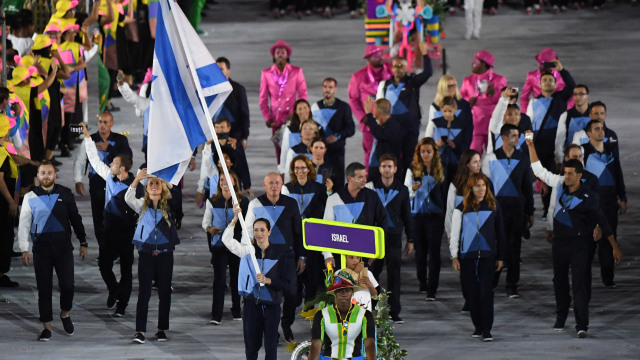The Lebanese Olympic team caused a minor uproar when they refused to let their Israeli counterparts board the same bus as them to the Rio Olympics opening ceremony.

First, one has to wonder at the (lack of) wisdom in arranging for the national teams of two countries that have no diplomatic relations and are officially at war to travel in such cosy quarters. According to the Lebanese delegation, the Israelis had a separate designated bus but insisted on trying to board the bus reserved for the Lebanese anyway.
Nonetheless, the Lebanese team has been accused of going against the spirit of the Games, while the Israelis claim to be “enraged and shocked.” However, given the history of politics and sport, it should be wholly unsurprising that the Lebanese team would choose the Olympics to stage their minor protest.

The argument that politics should be kept out of the Olympics may be nice in theory but it’s baseless in practice. At best it is invoked selectively, with sporting sanctions and boycotts long having been used to pursue political ends.
Most famously, South Africa was formally ejected from the International Olympic Committee in 1970, and banned from virtually all international sports until the end of apartheid in the early 1990s.
Read the article by Ruby Hamad in the Sydney Morning Herald.

